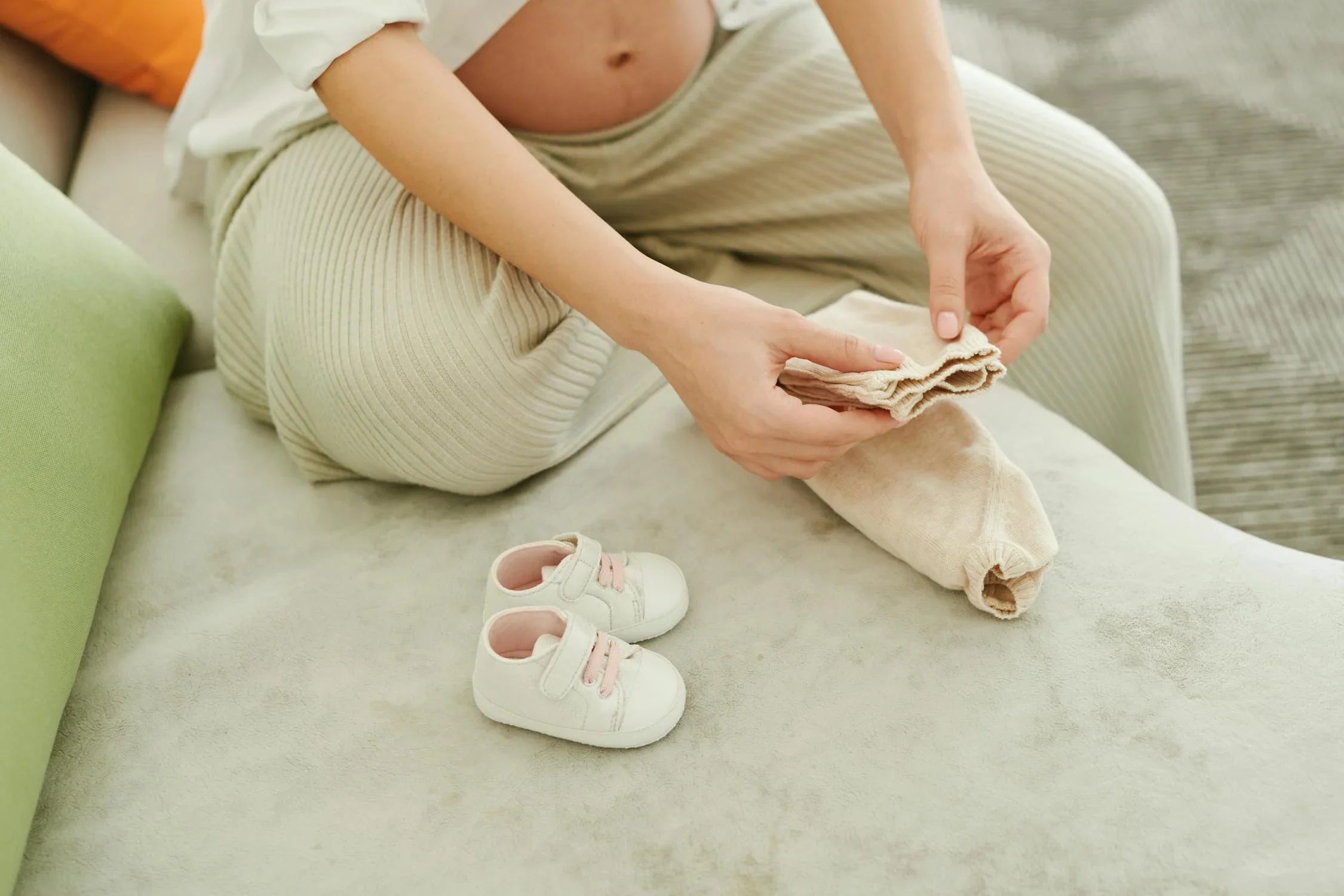Startseite
Pregnancy, Breastfeeding, and Pumping: The Ultimate Guide for Moms
What's the Earliest You Can Test for Pregnancy: A Comprehensive Guide

What's the Earliest You Can Test for Pregnancy: A Comprehensive Guide
Are you wondering what's the earliest you can test for pregnancy? The anticipation of finding out whether you're expecting can be both exciting and nerve-wracking. Understanding when and how to test can make all the difference in getting accurate results. This comprehensive guide will walk you through everything you need to know about early pregnancy testing.
Understanding the Basics of Pregnancy Testing
Pregnancy tests work by detecting the presence of a hormone called human chorionic gonadotropin (hCG) in your urine or blood. This hormone is produced by the placenta shortly after a fertilized egg attaches to the uterine lining. The levels of hCG increase rapidly in the early stages of pregnancy, doubling every 48 to 72 hours.
When Can You Start Testing?
The earliest you can test for pregnancy depends on the type of test you use. Most home pregnancy tests claim to detect pregnancy as early as the first day of your missed period. However, some highly sensitive tests can detect hCG levels as early as 7 to 10 days after conception. It's important to note that testing too early can result in a false negative, as hCG levels may not be high enough to detect.
Types of Pregnancy Tests
There are two main types of pregnancy tests: urine tests and blood tests. Urine tests are the most common and can be done at home. Blood tests, on the other hand, are performed in a healthcare setting and can detect pregnancy earlier than urine tests. There are two types of blood tests: qualitative hCG tests, which simply detect the presence of hCG, and quantitative hCG tests, which measure the exact amount of hCG in your blood.
Factors Affecting Test Accuracy
Several factors can affect the accuracy of a pregnancy test. These include the sensitivity of the test, the timing of the test, and how well you follow the instructions. Drinking too much liquid before taking a urine test can dilute your urine and lower hCG levels, potentially leading to a false negative. Additionally, certain medications and medical conditions can affect hCG levels and test results.
How to Choose the Right Test
When choosing a pregnancy test, consider its sensitivity and ease of use. Highly sensitive tests can detect lower levels of hCG, making them ideal for early testing. Digital tests, which display results in words rather than lines, can be easier to read and interpret. Always read the instructions carefully and follow them to ensure accurate results.
What to Do After a Positive Test
If you receive a positive result on a home pregnancy test, it's important to confirm the result with a healthcare provider. They can perform a blood test and provide you with guidance on prenatal care. Early prenatal care is crucial for the health of both you and your baby.
What to Do After a Negative Test
If you receive a negative result but still suspect you might be pregnant, wait a few days and test again. hCG levels increase rapidly in early pregnancy, so a test taken a few days later may yield a positive result. If you continue to experience pregnancy symptoms or have concerns, consult a healthcare provider.
Common Myths About Early Pregnancy Testing
There are several myths surrounding early pregnancy testing. One common myth is that you can't get a false positive. While false positives are rare, they can occur due to certain medications, medical conditions, or even an evaporation line on the test. Another myth is that all tests are created equal. In reality, the sensitivity and accuracy of tests can vary widely.
Tips for Accurate Testing
To ensure the most accurate results, test first thing in the morning when your urine is most concentrated. Follow the instructions carefully, and avoid drinking too much liquid before testing. If you're unsure about the results, consider testing again in a few days or consulting a healthcare provider.
Finding out you're pregnant can be one of the most life-changing moments. Knowing what's the earliest you can test for pregnancy and how to do it accurately can help you navigate this exciting journey with confidence. Whether you're hoping for a positive result or just curious, understanding the science and process behind pregnancy testing is key to getting the answers you need.
Teilen

